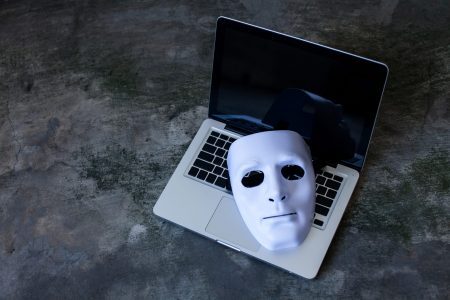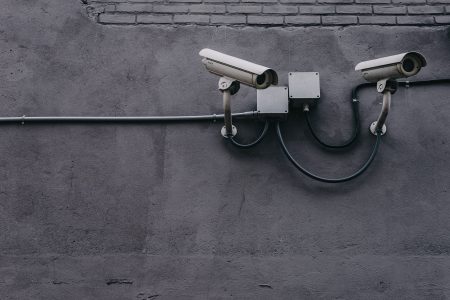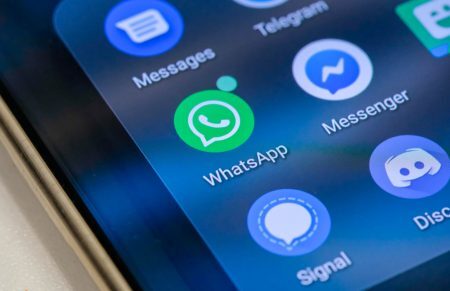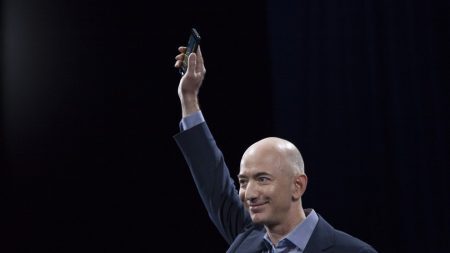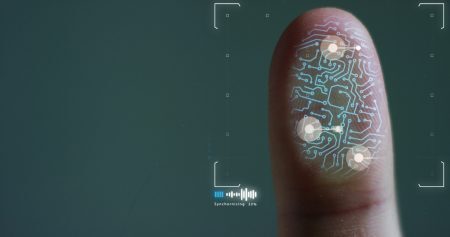Phishing, smishing (SMS phishing) and vishing (voice phishing) attacks are all on the rise. Our tendency to click on infected emails has increased with the correspondent increase in email traffic — a two-fold impact on the severity of the threat environment.
Browsing: security
Here are some tricks you can use to avoid giving online platforms your personal information. Some ways to limit your exposure include using “alternative facts”, using guest check-out options, and a burner email.
If, before COVID-19, you were concerned about all the data that technology companies had about you, just wait. As stay-at-home orders push more professional and social activities online, it’s becoming harder to remain in control.
It’s weird that, if you wanted to video call someone ten years ago, you would turn to Skype. Not only…
Let’s face it, while Batman might be most at home the shadows, dispatching thugs and goons in the darkest hours…
Now that you’ve seen the headline, go and update your WhatsApp Desktop app right now. Whether you’re on Windows or…
Just 24 hours after Amazon CEO Jeff Bezos’ iPhone was hacked, his data usage apparently increased with 29,000%. Someone was syphoning huge amounts of personal data from his iPhone 10 — but at that stage, no-one knew where it was all going.
Iran and other nations have waged a stealth cyberwar against the United States for at least the past decade, largely targeting not the government itself but, rather, critical infrastructure companies. This threat to the private sector will get much worse before it gets better and businesses need to be prepared to deal with it.
The nation’s second-largest health system, Ascension, has agreed to allow the software behemoth Google access to tens of millions of patient records. The partnership, called Project Nightingale, aims to improve how information is used for patient care. Specifically, Ascension and Google are trying to build tools, including artificial intelligence and machine learning, “to make health records more useful, more accessible and more searchable” for doctors.
Our electronic devices store a plethora of sensitive information. To protect this information, device operating systems such as Apple’s iOS and Android have locking mechanisms. These require user authentication before access is granted.


